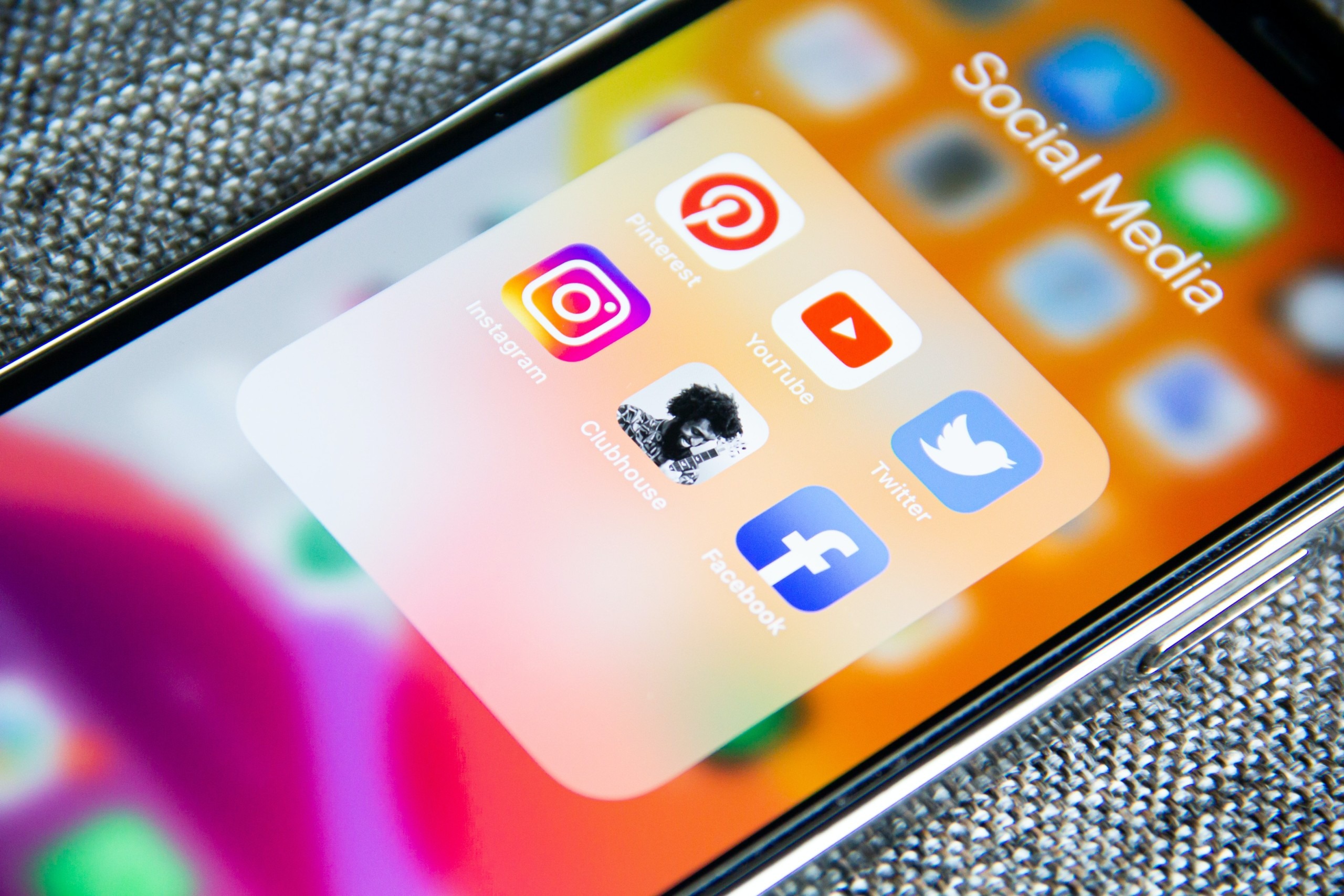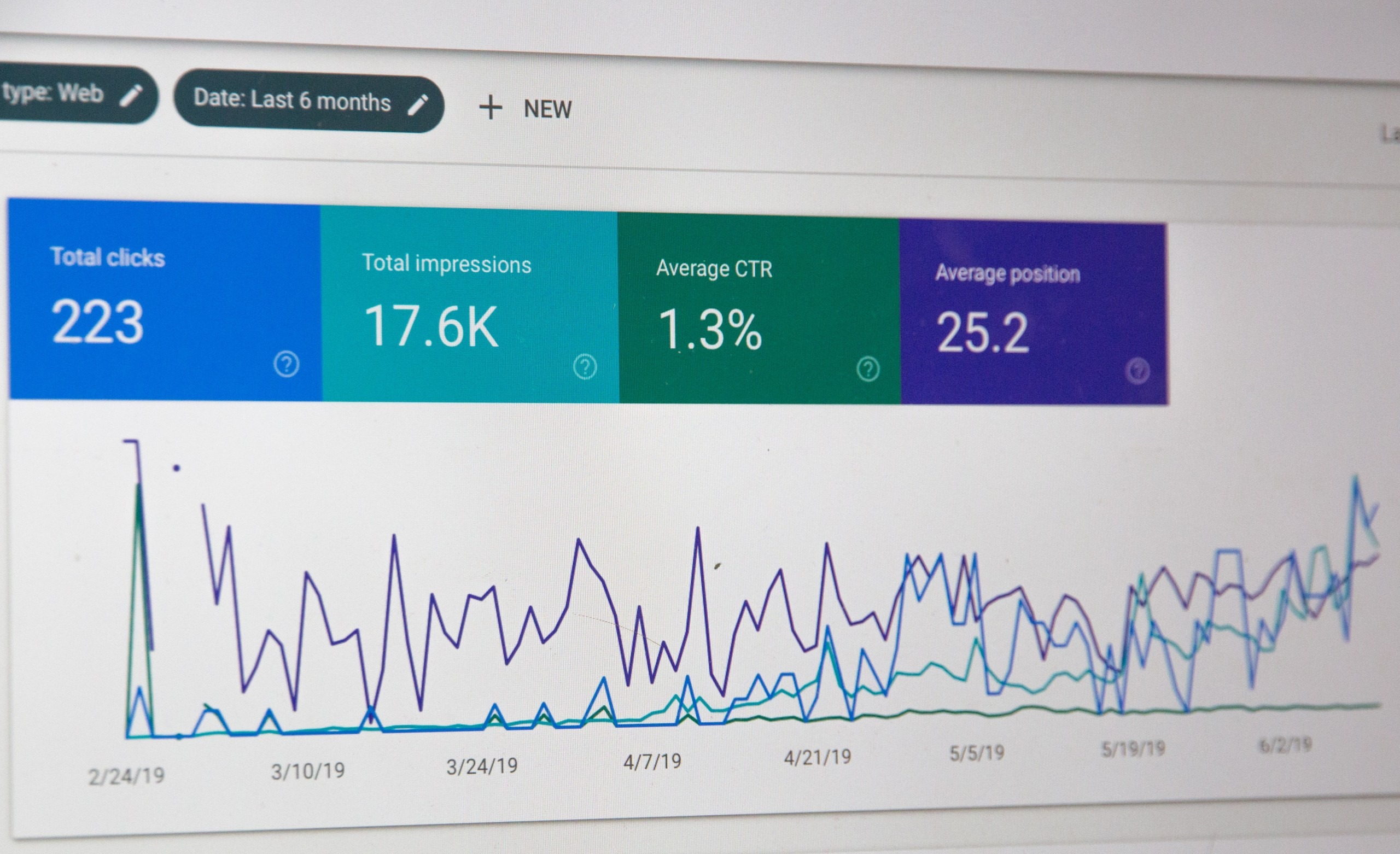If you run a small startup, you might not have the resources for an in-house marketing department. And that’s okay! Your startup doesn’t need a marketing team to gain exposure and build a loyal following. Even if you have zero marketing experience, you can learn your way around market research, branding, messaging, marketing channels, and all the other important elements of a comprehensive marketing strategy.
Many small business owners wear the hats of an entire marketing team. From creating content to deciphering website analytics, you’ll take on a number of roles as you work to become your own marketing department. In this article, we’ll explore a few marketing best practices for small business owners who want to take marketing into their own hands.
Consult an Expert

Although you might not have marketing experts on your team, you can still seek advice from external professionals. Consulting a marketing agency like Dorian Media Group is a great way to fill gaps in your knowledge and ensure your marketing plan makes sense from an expert’s perspective. Beyond offering invaluable marketing advice, external marketing professionals can help you execute specialized parts of your marketing plan. For example, you may want to hire a video producer who can shoot and edit marketing material to be used in campaigns and social media posts.
Make sure you’re set up with the right tools to work with external experts efficiently. For example, tools that enable you to convert JPG to PDF online will minimize your file sizes for easier sharing without compromising image quality. This will come in handy when you’re sharing images, documents, and graphics with your marketing experts. Some other tools to keep in your arsenal include project collaboration software, instant messaging apps, and social media management software.
Create Buyer Personas

Before you can market your business to potential buyers, you need to know who these buyers are. Creating buyer personas will help you establish the main goal of your ideal customer and uncover what exactly is standing in their way from accomplishing this goal. A buyer persona is essentially a composite sketch that represents a specific segment of your audience. Using this information, you’ll be able to create engaging and impactful marketing content that resonates with the type of buyer you want to attract to your business.
Conduct Market Research

You likely did some market research back when you were formulating your business plan. Now, it’s time to put those research skills to the test again! Conducting market research will help you uncover key information about your target audience that you can use to make impactful marketing decisions. Good market research will help you determine not just what your customers want, but why they want it.
Market research beats assumptions and trends. Hotjar.com explains that when you do market research, you’ll discover how your customers experience your product outside the vacuum of your business. For example, you might find that your customers are concerned about quality or pricing, confused about certain features, or have come up with surprising new uses for your product that you never intended.
Develop Your Brand Strategy

Using your buyer personas and your market research, you can now create a brand strategy that perfectly aligns with the needs, wants, values, and behaviors of your target audience. Ultimately, your brand strategy is what sets you apart from your competitors. This should include your mission and vision statements, core values, the unique customer experience you create, and a description of the problem your business will solve for your customer. As you develop your brand, it can help to think of your business as a person. Who would your business be if it were human?
Explore Different Marketing Channels

Marketing channels are the platforms and avenues you will use to connect with members of your audience. For example, some common channels include social media, blogs, email, word-of-mouth, direct mail, and branded merchandise. Figuring out which channels to focus on can be challenging. This is something you might want to ask a professional marketing consultant.
Generally, digital advertising tends to offer higher returns for a lower cost compared to traditional offline marketing methods. At the same time, many offline marketing channels still remain relevant today. Local businesses tend to benefit the most from traditional marketing techniques like radio, TV, coupon mailers, postcards, and billboards. Also, attending networking events and spreading the word about your business in person is a great offline marketing strategy for B2B companies!
Invest in Paid Social Advertising

Many small businesses limit their social media advertising to regular posts and status updates. However, paying for social media ads can take your conversion rates to new levels. When done right, social media ads offer an incredibly high ROI. Advanced targeting algorithms employed by companies like Facebook and TikTok will show your ad to users who are most likely to be interested in your business. Plus, social media advertising platforms offer robust analytics that can give you deep insight into each marketing campaign.
Adapt Your Messaging

Messaging is another important part of marketing. Your messaging represents how you communicate to your customers and can vary depending on which specific audience segments you’re targeting as well as the marketing channels you’re using to reach them. Make sure you adapt your messaging so that it always resonates with your audience.
For example, if you’re marketing to a younger audience on Instagram, you may focus your marketing message around style, affordability, and sustainability. If, on the other hand, you’re advertising to seniors via radio advertisement, you might want to drive home the longevity, practicality, and ease of use of your products. Pay close attention to each customer segment’s needs, wants, and concerns, and use these to inform your approach to messaging.
Measure Your Results

No marketing strategy is complete without a plan to measure progress. Measuring the results of your marketing pursuits will help you determine what’s working and what isn’t, so you can direct your time, energy, and budget towards the most effective strategies.
The U.S. Chamber of Commerce recommends measuring 5 KPIs (key performance indicators) to quantify your marketing efforts. For each marketing campaign that you launch, be sure to track your return on investment (ROI) and cost per engagement. Your cost per engagement is how much you spend to get a single user to engage with your ad (such as by clicking a link). You should also be tracking metrics related to your email campaigns and your overall website traffic. Knowing where your customers are coming from and what’s holding their attention best will help you optimize every element of your marketing strategy.
If you want to become your own marketing department, you need to learn how to market your business like an expert. Thankfully, there are countless resources available online that can teach you everything you need to know. With the right resources at your disposal, you’ll learn how to conduct market research, develop a solid brand strategy, choose the right marketing channels, measure your results, and more!
Are you looking for marketing advice? Dorian Media Group is a creative agency that offers branding, content creation, and online marketing for businesses like yours. Call today so we can discuss your needs! 1-949-478-3791
Share This Article, Choose Your Platform!
Let’s Work Together
TELL US MORE ABOUT YOUR PROJECT
Interested in how Dorian Media services could help fuel engagement and drive business? Call us 949.478.3791, Schedule a Discovery Call, or send us a note below. We’d love to hear from you.

Social Media Channels